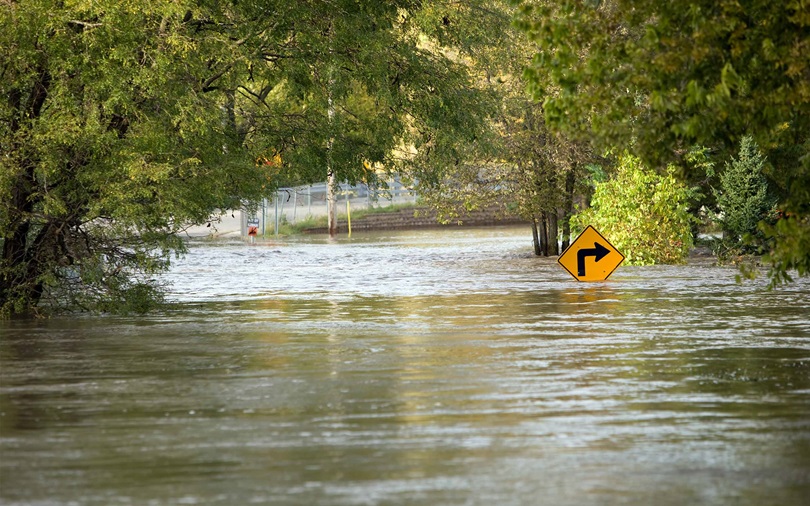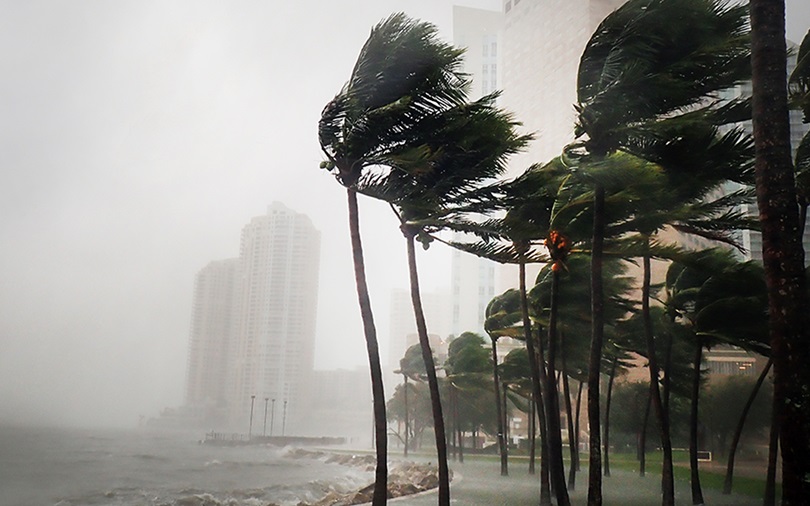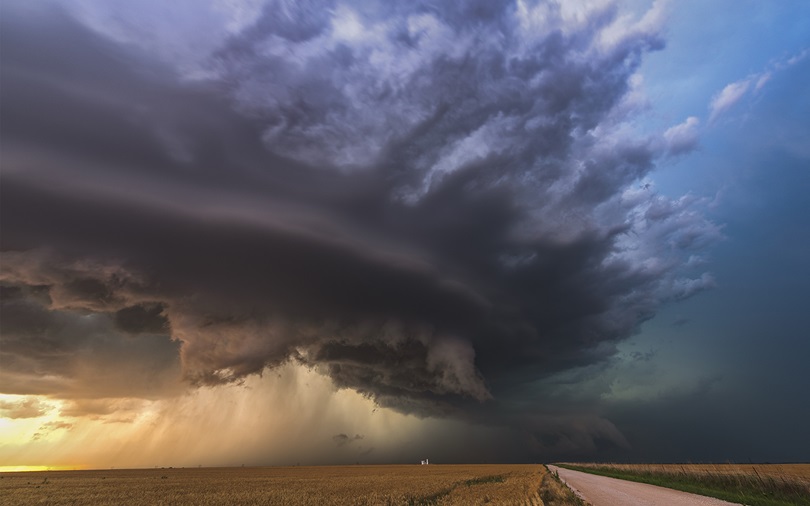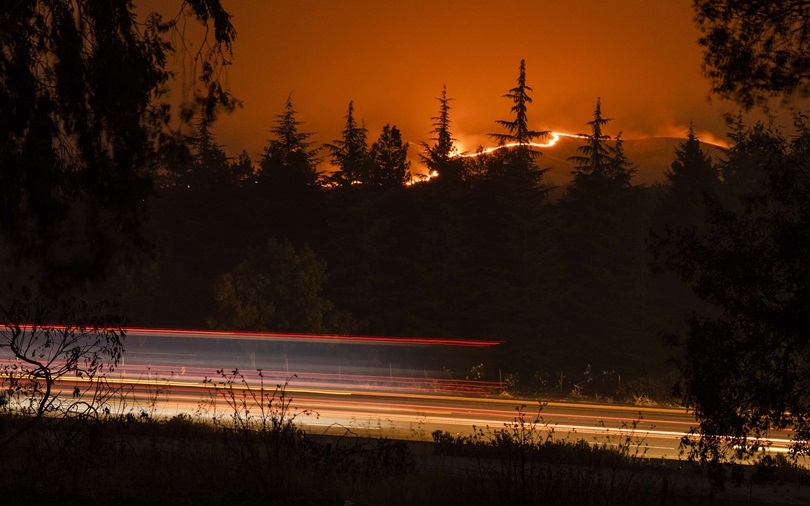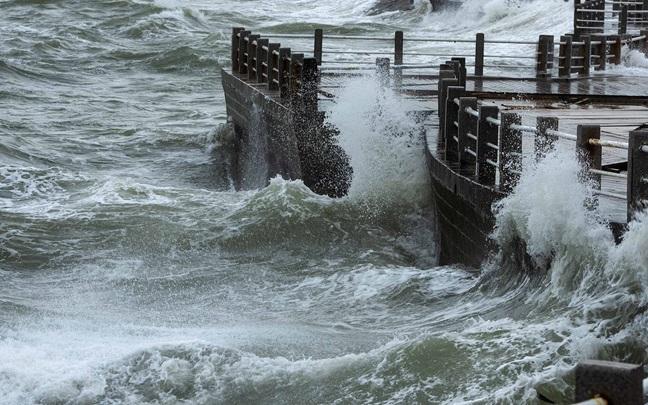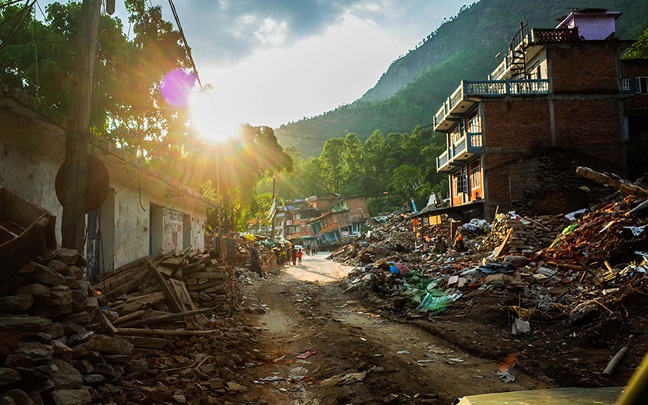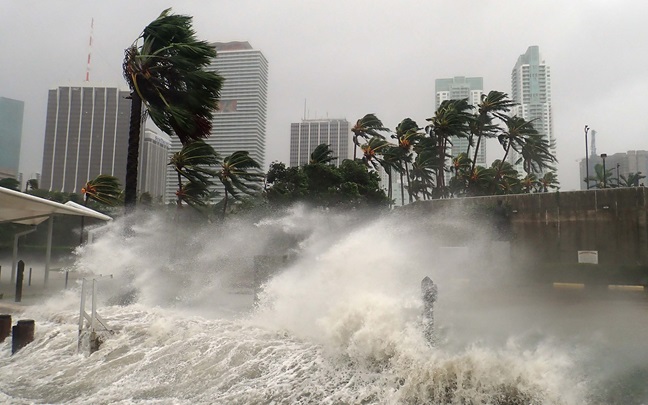Unraveling earthquake risks
Earthquakes can cause huge devastation over a wide area. But it’s hard to predict their impact on particular locations. Our natural catastrophe specialists can model and quantify site-specific risks to help you manage your exposures.
The impact of an earthquake can vary widely. Depending on the geology and soil type, areas close to the epicenter may be relatively unaffected while locations further away are devastated.
Earthquakes also can trigger secondary catastrophes, such as
- Tsunamis
- Landslides
- Sinkholes
- Fires
- Explosions
If the soil is wet or saturated, there may also be a risk of liquefaction.
These variables can make it difficult to understand your risks or make decisions about how to protect your people, assets and balance sheet. For example, what mitigations to put in place or how much insurance to buy?

How we can help you manage your earthquake risks
We offer a complete risk and analytics consultancy service to help your organization overcome these problems. Our specialists can help you understand and quantify earthquake risk at portfolio level or for specific loss driving locations. We can assess the vulnerability of your buildings and equipment and identify cost-effective measures to protect them.
Hazard assessments
We can assess whether a location is at risk from earthquake and what the likely impact would be based on detailed hazard research, historical losses, local land use and soil conditions and structural factors.
Our Global Peril Diagnostic tool can produce a hazard map and a hazard score to help you understand your risk level.
Catastrophe modeling
We use sophisticated modelling tools that can calculate the likely financial losses in a wide range of probability and frequency scenarios.
Based on primary information such as latitude and longitude, construction type, and secondary information such as equipment bracing and construction quality, models quantify the probable average annual loss and maximum losses from a portfolio level and at individual locations.
This can help you make better decisions about risk transfer options and insurance limits.
Once your earthquake risk has been assessed, our natural catastrophe specialists provide WTW’s property brokers with information and support to create the best placements for our clients, either as standalone cover for earthquake or as part of a global multi-peril program. We also support client programs by helping to reinsure individual layers of risk through our facultative team.
Risk engineering surveys
If needed, we can survey a site in person to take a deeper look at construction type and quality of buildings, vulnerability of key plant and equipment, emergency response plans. This allows us to determine the probable impact on operations and the risk of business interruption to help you identify key vulnerabilities.
Our risk engineers can identify a range of mitigation options to reduce earthquake risks and minimize the impact if one occurs.
They can also perform a cost-benefit analysis of each option to help you decide which measures are best to reduce your risks.

Parametric solutions for earthquake
Our alternative risk transfer team can help you design unique parametric solutions for earthquake risks. This can either be an alternative to traditional insurance or as an infill for cover not provided by property programs, such as business interruption not linked to physical damage.
Parametric insurance will usually pay out when an earthquake exceeds a pre-agreed threshold. For example, a policy might pay a certain amount if an earthquake is measured at 8 or above on the Richter scale at a pre-agreed distance from the insured location.
Because claims are not based on an estimation of losses, they can be paid quickly, supporting cash flow in the aftermath of a catastrophe.
Get in touch
Talk to our specialists to discover a smarter way to assess, mitigate, or transfer your earthquake risks. Get in touch with our specialists listed at the top of this page.




